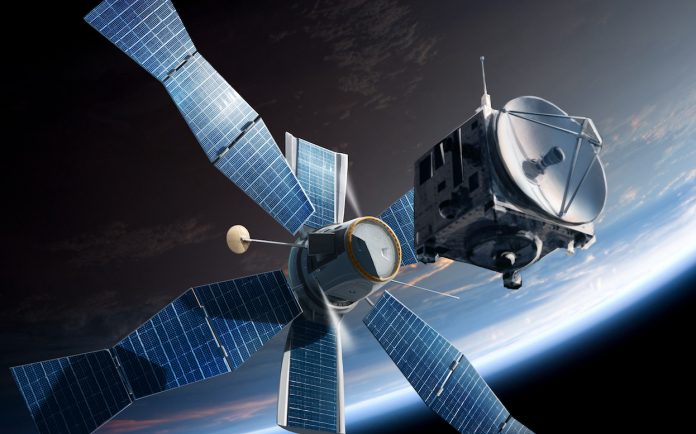Australian in-space transportation provider, Space Machines Company, has signed an agreement to deploy a Sunshine Coast firm’s innovative bushfire detection satellite.
The satellite, developed by Peregian-based Fireball.International, will be ferried on board Space Machines Company’s orbital transport, Optimus-1, in 2022.
As reported by sunshinecoastnews.com.au in January, Fireball is one of three Sunshine Coast companies redefining the way we detect and respond to bushfires.
Fireball.International Co-Founder and CEO Christopher Tylor said that having an Australian-based launch was a significant benefit for the business.

“Not having to look overseas for launch and in-space transport capabilities reduces cost and complexity for Fireball.International, which translates to better fire protection at a lower cost for Australia.”
Space Machines Company’s ‘Space Taxi’ carries passenger satellites to their desired orbits around Earth, or higher bodies like the Moon or Mars. This provides customers with a cost-effective way to get their satellites into final orbits. Space Machines vehicles are compatible with major launch providers.
Like stories about Sunshine Coast people doing great things? Help us deliver more by registering for our free daily news feed. All it requires is your name and email. See SUBSCRIBE at the top of this article
Space Machines Company founder and CEO Rajat Kulshrestha said that the deal was an important step in strengthening Australia’s defence against extreme weather events.
“We are proud to enable this vital and pioneering Australian space technology deployment.
“The fact that three Australian companies are joining to accomplish this vital mission is evidence of a growing sovereign industrial capability in space technology in our country.
“Space technology has vital real-world applications, and it’s important for Australia as a country to build and own the technology that allows us to explore the possibilities space offers – from deep research for our scientists to ventures like this that will make us more resilient against extreme weather events.”





